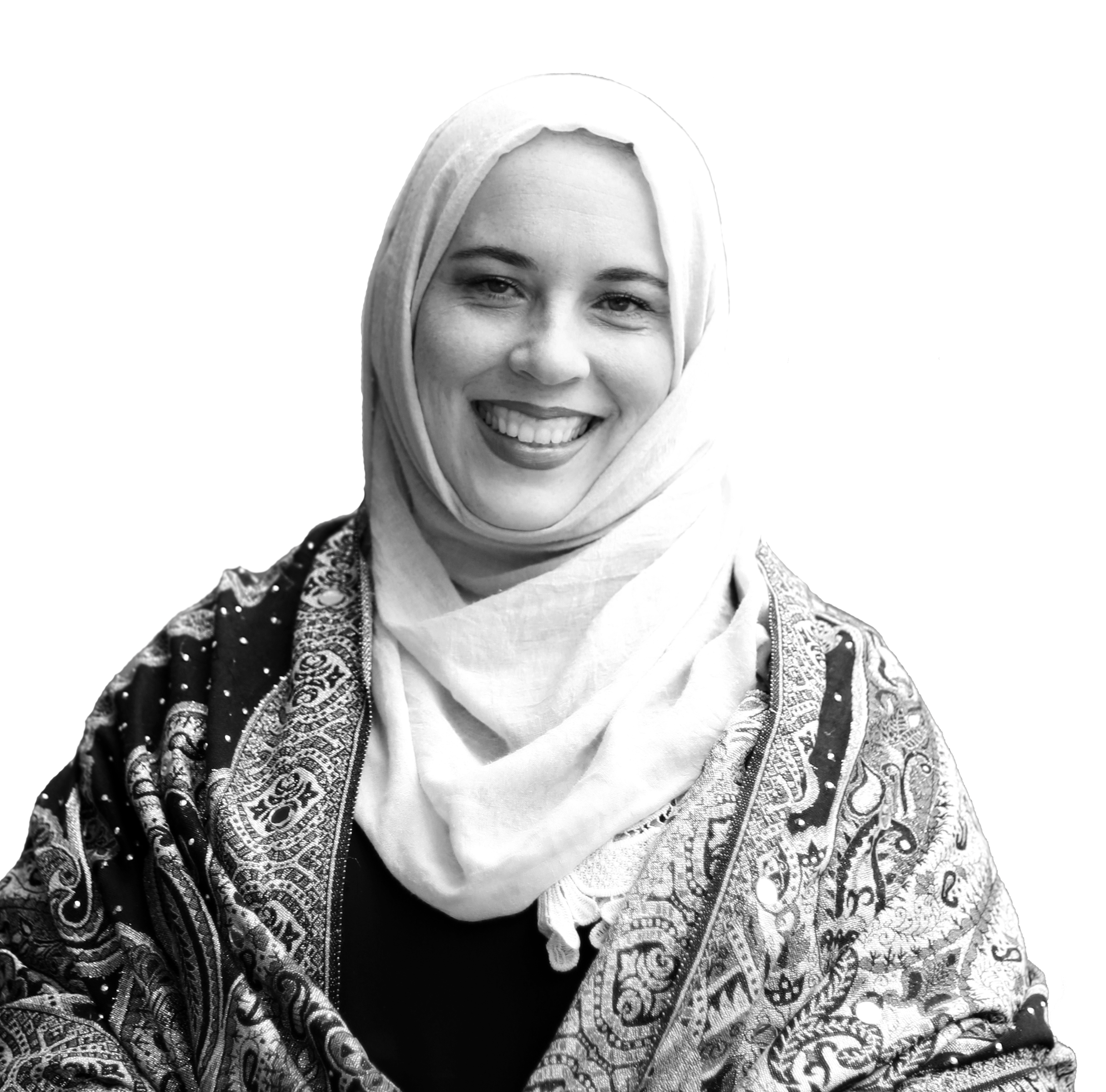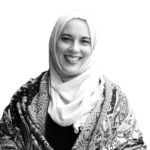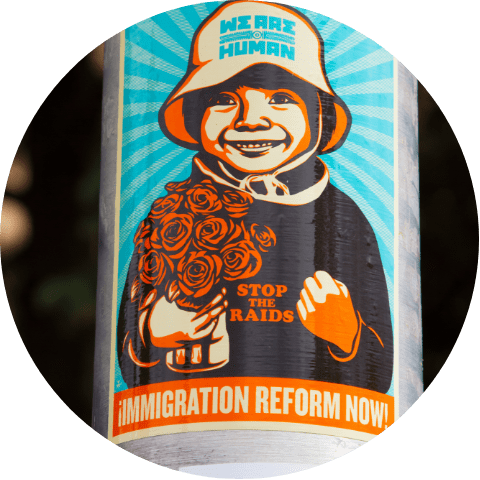

Alia Salem
Alia Salem is the Founder and President of FACE (Facing Abuse in Community Environments). Her professional background is in organizational development, community organizing, and communications with a particular focus on the intersections of institutionalized racism and the push towards an equitable pluralistic society. Alia currently serves on the 2019 steering committee for REAL City, a racial justice fellowship for millennial professionals. She is also a board member for the North Texas Fair Housing Center and the newest member of the board for the Dallas Peace and Justice Center. She is the former Executive Director for the DFW Chapter of CAIR and is a 14-year veteran of community work within the broader DFW Metroplex. Alia is a published writer and public speaker and her work has been featured on numerous local, national, and international outlets. She is a graduate of UT Arlington with a degree in Interdisciplinary Studies with her three focuses of study being in Communications, Sociology and Religion/Culture.
Project Description
Facing Abuse in Community Environments (FACE) is a female and survivor-led organization that was formed to address the accountability gap for abusive, unethical, and at times criminal, conduct of imams, scholars, and community leaders. FACE recognizes that when the harms to individuals and the community continue to be concealed, a pattern emerges enabling predators to manipulate a greater number of vulnerable people. People who have been abused often lose their faith when a religious leader is the one abusing. A path to help them heal by having the issue addressed by people who share the faith, and have the best interests of the community at heart, is essential.
Additionally, the Muslim community in particular has been repetitively marginalized and targeted under the auspices of national security. This has led to any subject concerning Muslims being weaponized against them. Also, the majority of the victims within this vulnerable population are overwhelmingly women thus the intersections of their identities creates a formidable barrier for victims to overcome when trying to speak out.
Finally, no hierarchical structure exists by which a governing body implements a code of ethics, creates a process to report and investigate abuses, and certainly no way to effectively hold the violators accountable. All of these reasons combined compelled me to start FACE and begin the process of creatively grappling with this highly sensitive and contentious issue. This revolutionary approach embeds a third-party institution to provide an avenue to report, investigate, and expose abusive leaders using a victims-rights-based and trauma informed approach.

